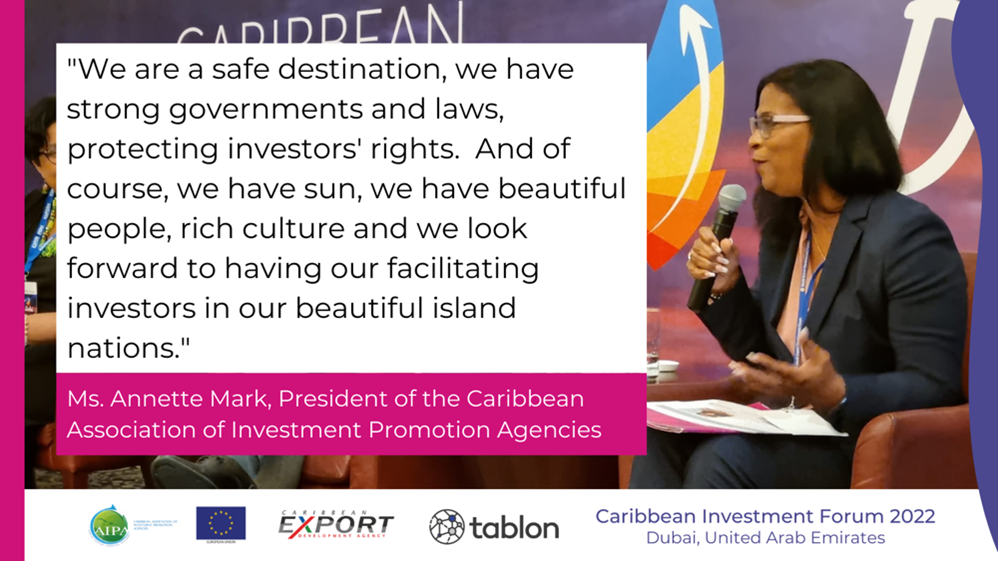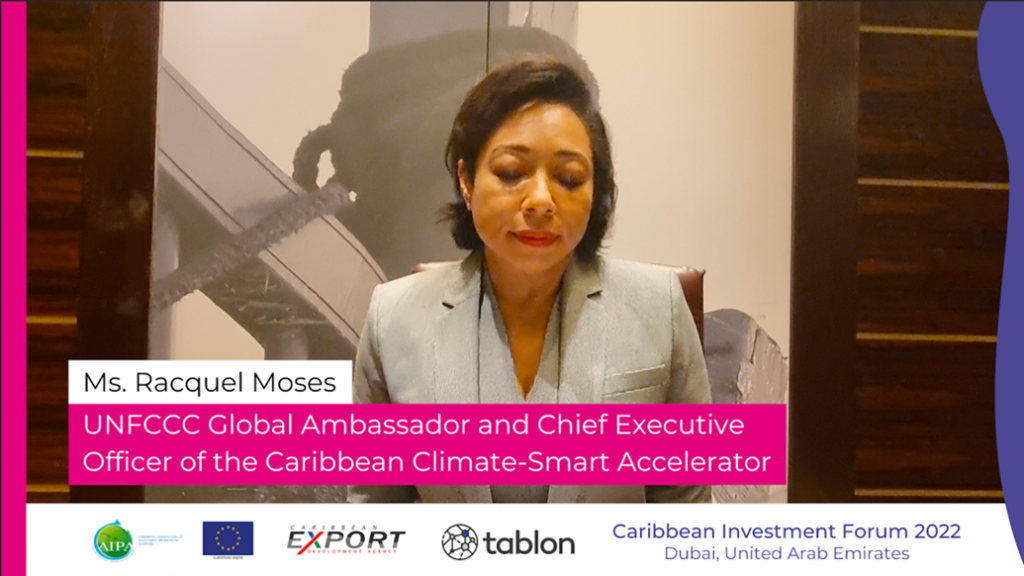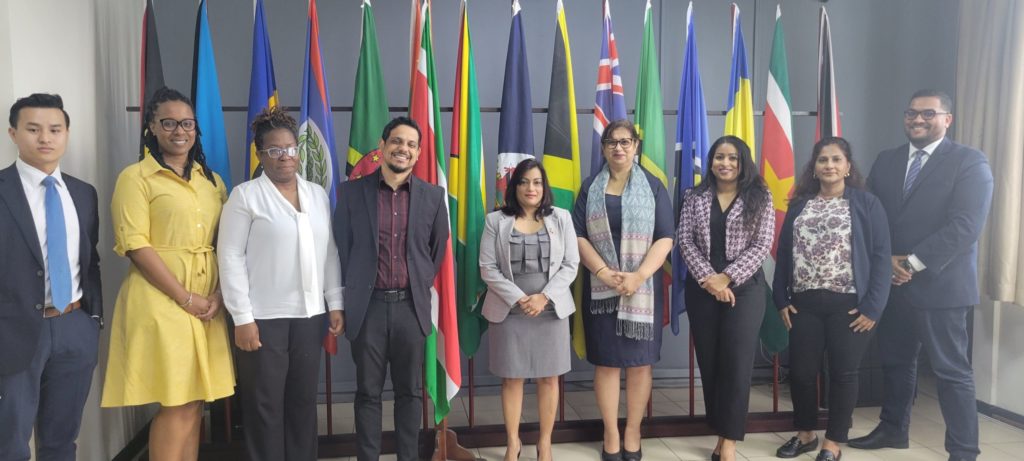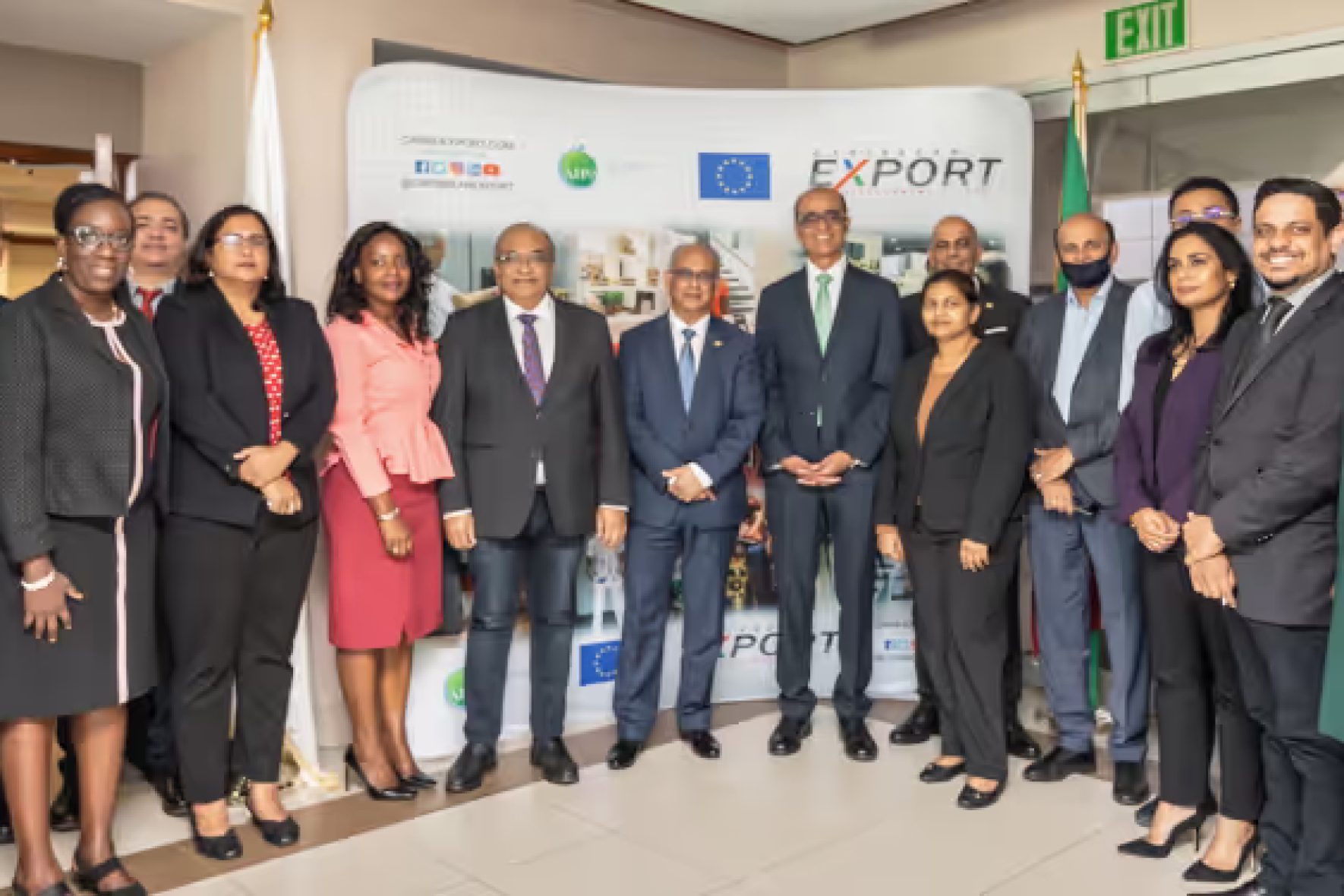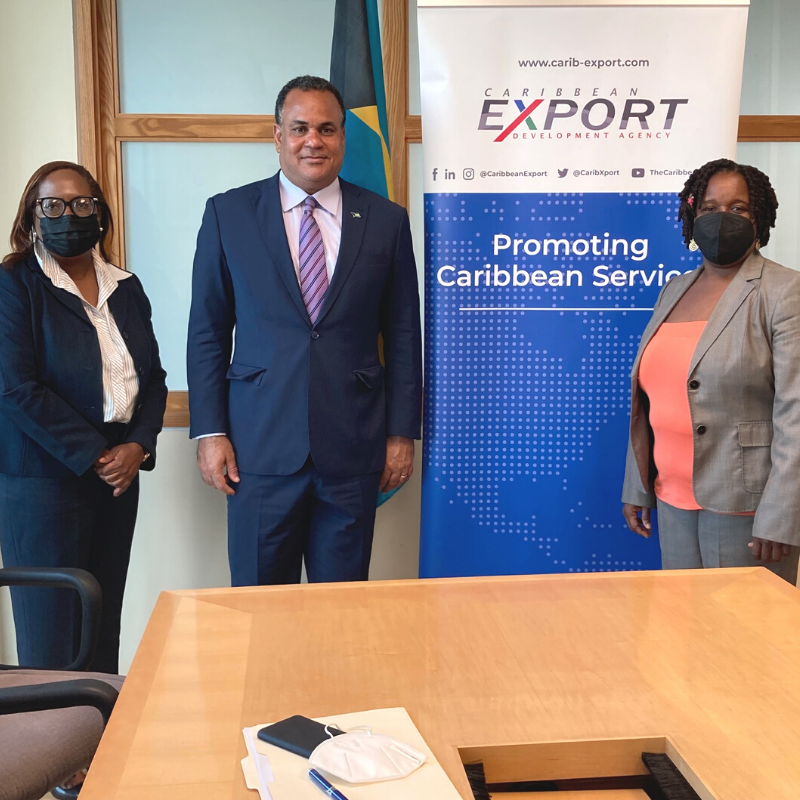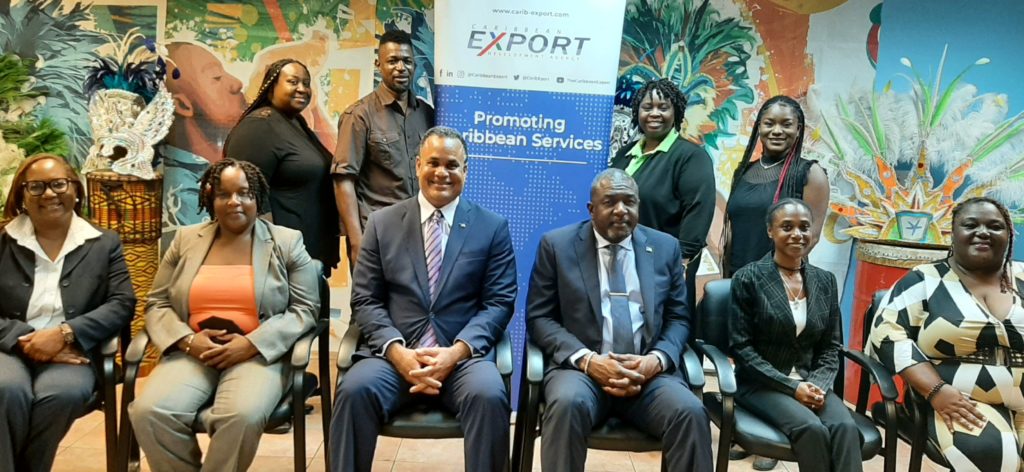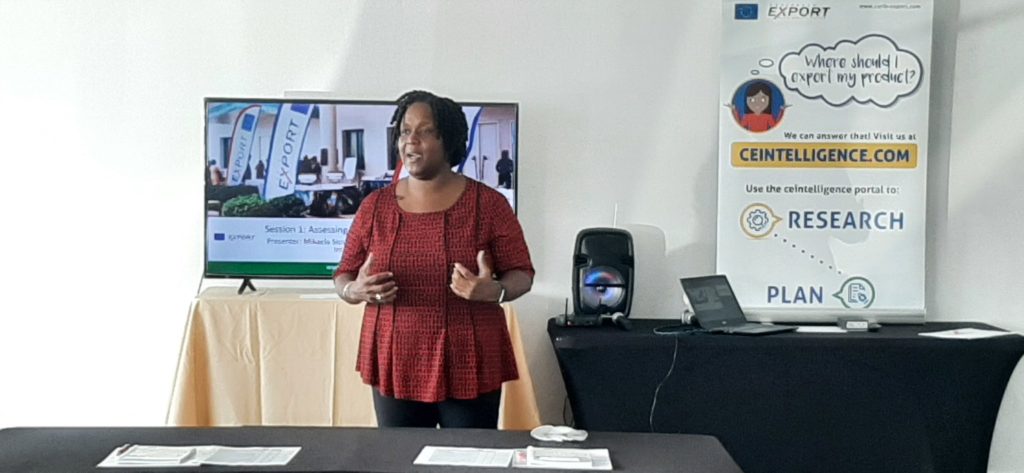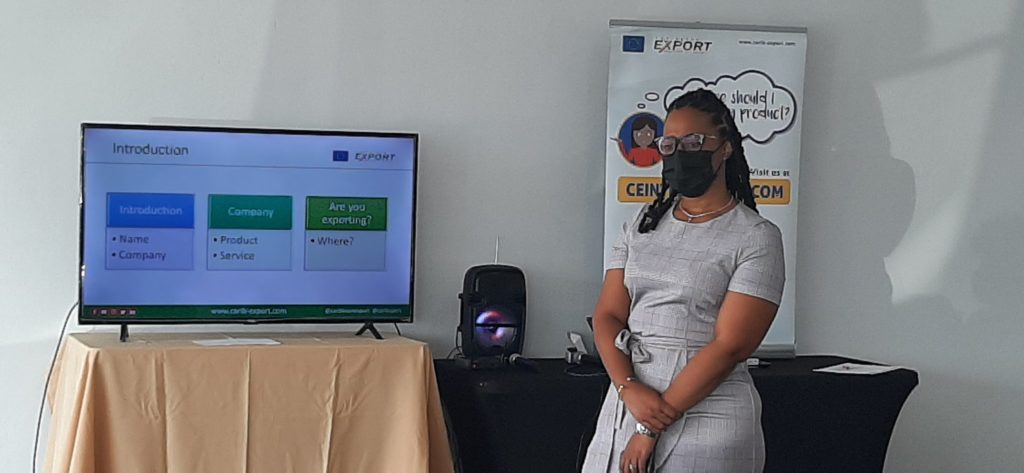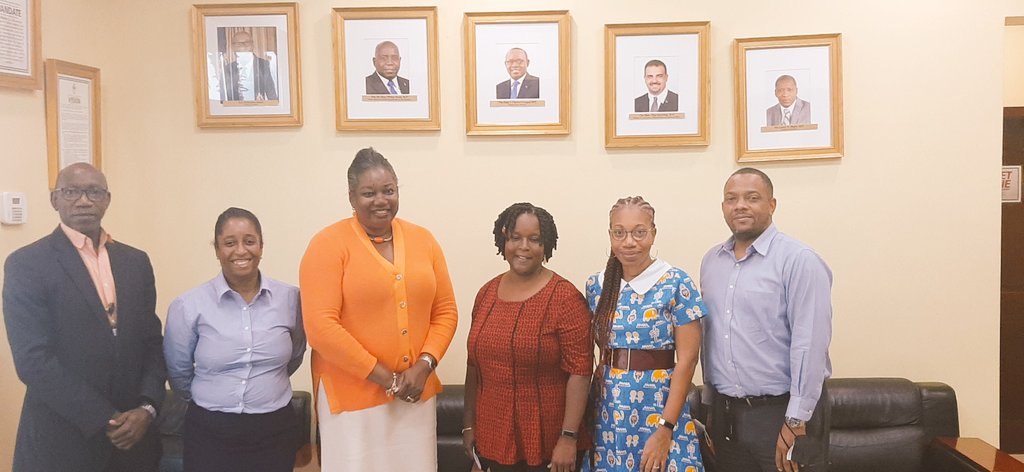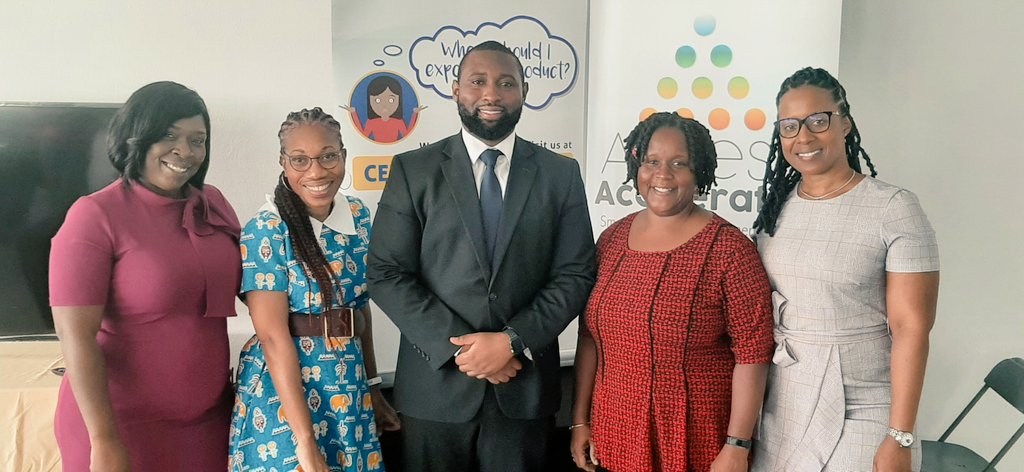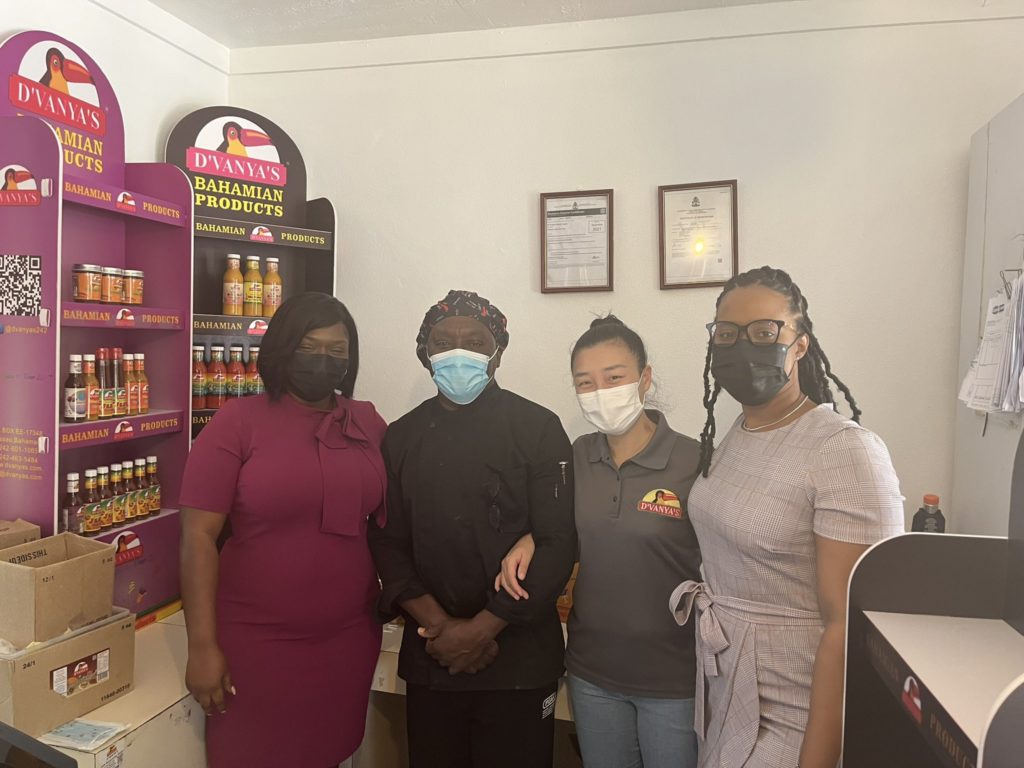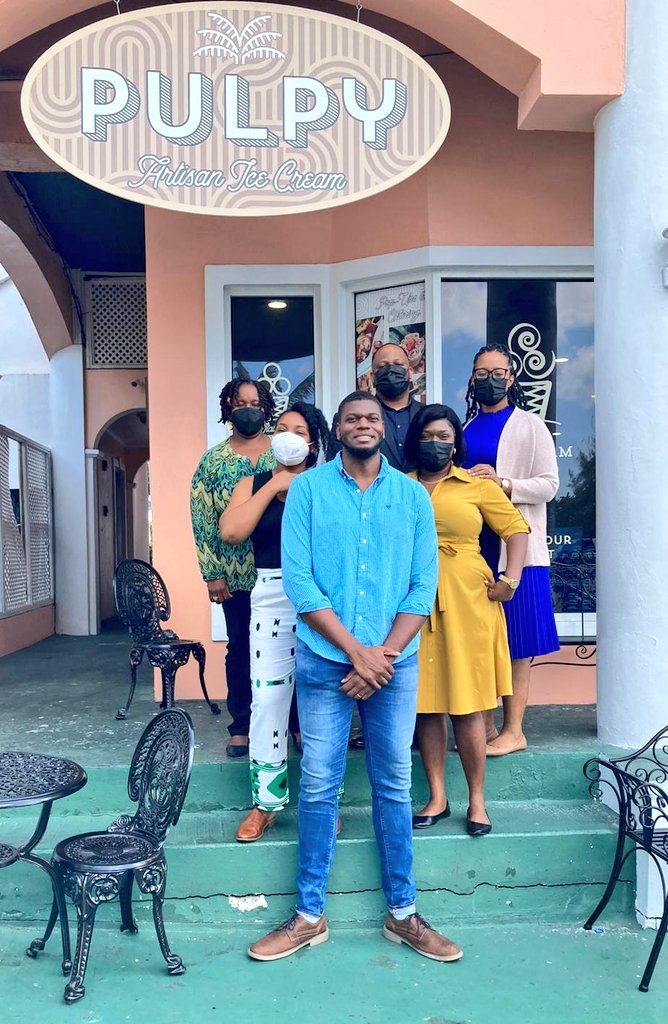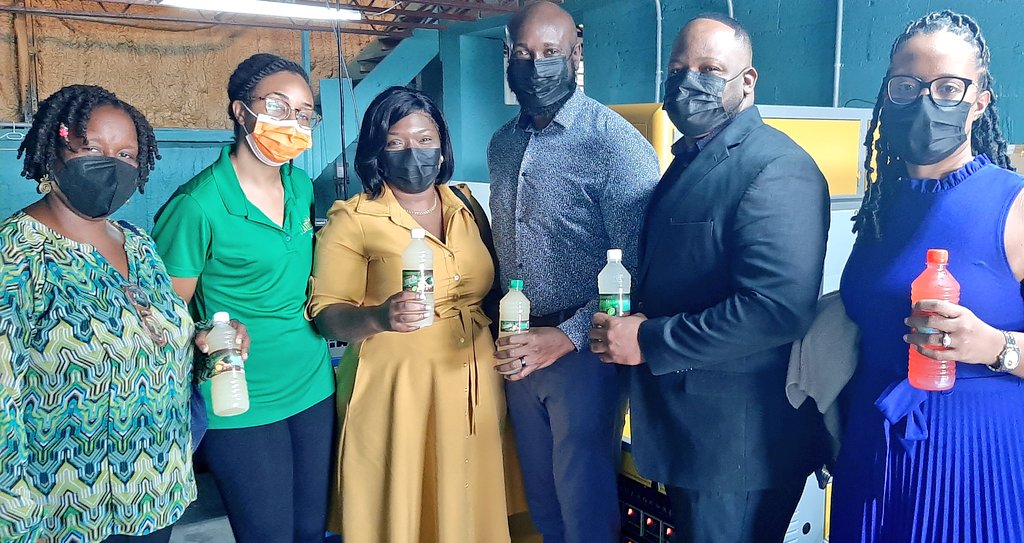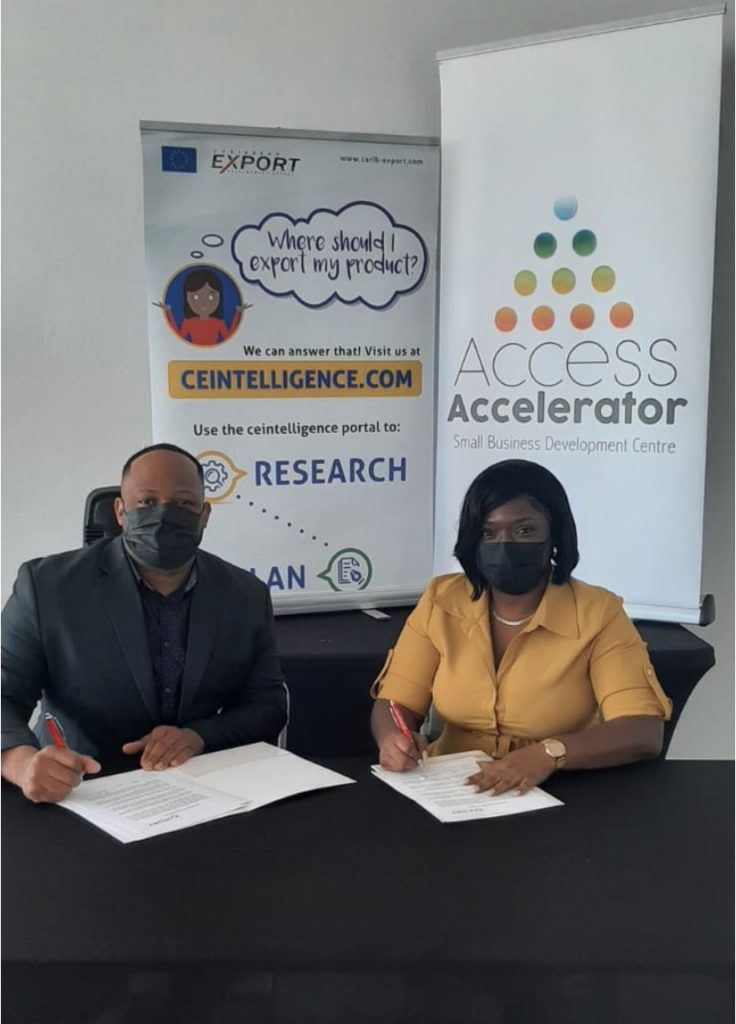De traditionele landbouw- en industriële economieën van het Caribisch gebied zijn langzaam veranderd in flexibele, snelle diensteneconomieën die vandaag de dag in de regio wijdverbreid zijn. Diensten zijn van cruciaal belang voor de verdere ontwikkeling van de Caribische landen, omdat zij zorgen voor een sterke economische dynamiek en de bron zijn van nieuwe werkgelegenheid en welzijn1 . In 2019 werd 60,2% van de totale toegevoegde waarde aan het bbp in Latijns-Amerika en het Caribisch gebied gegenereerd door de dienstensector2 . Wereldwijd zijn diensten goed voor 876 miljard USD en in het Caribisch gebied maken diensten ongeveer 65% van ons bruto binnenlands product uit. Er is ruimte voor diensten om te groeien en een betere generator van werkgelegenheid en buitenlandse valuta te worden op gebieden als zakelijke en professionele dienstverlening, muziek, mode, animatie en film, en outsourcing om bij te dragen tot de economische transformatie van het Caribisch gebied.
Volgens de Caribische Ontwikkelingsbank vertegenwoordigen kleine en middelgrote ondernemingen 70-85% van de bedrijven in het Caribisch gebied en dragen zij voor 60-70% bij aan het bruto binnenlands product. Cruciaal is dat zij naar schatting 50% van de totale werkgelegenheid voor hun rekening nemen. Met het oog hierop moet innovatie de drijvende kracht worden achter de dienstensector om banen te creëren. Het aanmoedigen van online en digitale innovatie zal tegelijkertijd bijdragen tot de inclusie van en de werkgelegenheid voor jongeren en tot economische diversificatie. De ontwikkeling van de dienstensector is een oplossing van de 21e eeuw voor een eeuwenoud probleem en moet worden gezien als een instrument waarmee de Caribische landen hun ontwikkeling kunnen versnellen, een sterke economische dynamiek tot stand kunnen brengen en de bron kunnen vormen voor het scheppen van werkgelegenheid en welzijn.
Een sector die rijk is aan kleine en middelgrote ondernemingen is het toerisme, en ondanks het streven naar diversificatie blijft het toerisme als dienst de voorhoede van de Caribische economieën vormen. Kleine en middelgrote ondernemingen die ondersteunende diensten aan het toerisme verlenen, zoals touroperators en reisleiders, restaurants, taxi’s, fotografen, evenementenplanners enz. en bijdragen aan het volledige toeristische product en de toeristische ervaring, moeten worden gesteund.
Bovendien genereren muziek en de diensten in verband met muziekproductie een reeks werkgelegenheidskansen bij het midden- en kleinbedrijf. De waarde van de wereldwijde muziekindustrie wordt geraamd op 131 miljard USD in 2030 (Goldman Sachs). Caribbean Export heeft deze sector gesteund via ons opleidingsprogramma Business of Music en opleidingen in het schrijven en produceren van muziek. Beide programma’s bieden opkomende en gevestigde muzikanten de kans om hun technische capaciteiten en hun integratie in de mondiale muziekindustrie te verbeteren, waardoor uiteindelijk meer banen worden gecreëerd.
Een ander gebied dat mogelijkheden biedt voor het scheppen van banen door het midden- en kleinbedrijf is animatie en film. In beide sectoren zijn de inkomsten het afgelopen jaar gestaag gestegen, vooral tijdens de aanhoudende COVID-19-sluitingen. De animatie-industrie was in 2020 wereldwijd ongeveer 270 miljard dollar waard, terwijl de filmindustrie op 34 miljard dollar ligt. Bovendien zijn streamingdiensten met 37% gegroeid, met een wereldwijde waarde van 50 miljard dollar in 2020. Dit biedt Caribische makers van inhoud een geweldige kans om onze unieke Caribische cultuur te laten zien in amusement, games en films, wat voor onze regio een belangrijke bron van inkomsten kan zijn.
Het is daarom van het grootste belang dat wij de capaciteit van onze regionale makers van inhoud in deze sectoren opbouwen, zodat zij alle kansen kunnen benutten die de wereldmarkt te bieden heeft. Op deze gebieden heeft Caribbean Export aanzienlijke steun verleend, met de talrijke animatieversnellers die gericht waren op 2D- en 3D-animatie. Bovendien toont onze recente steun aan de deelname van 12 animatoren, gamers en filmmakers aan het Animatiefilmfestival van Annecy 2022 aan dat Caribbean Export bereid is om de regio op het gebied van niet-toeristische diensten te stimuleren. Deze acties hebben bijgedragen tot de ontwikkeling van de vaardigheden en de inhoud van onze animatoren, zodat zij zich sneller op de internationale markt kunnen begeven. Ook werd de nadruk gelegd op de filmindustrie om de capaciteit van scenarioschrijvers en filmproducenten te helpen opbouwen met een drie maanden durend opleidingsprogramma gericht op het ontwikkelen van scripts en inhoud voor de wereldmarkt. Er zullen mogelijkheden zijn om deze ontwikkelingen verder onder de aandacht te brengen en B2B te betrekken bij een komend internationaal filmfestival.
De regio streeft ook naar de ontwikkeling van haar groene economie, die voor een groot deel wordt aangestuurd door de dienstensector op gebieden als onderzoek en ontwikkeling, engineering, ontwerp en technologiediensten, ondersteunende diensten voor elektriciteitsdistributie, installatie en onderhoud en reparatiediensten, om er maar een paar te noemen. Hoewel veel van deze diensten worden verleend door grotere technologische bedrijven, worden specifieke diensten vaker uitbesteed aan kleine en middelgrote ondernemingen die over plaatselijke kennis en gespecialiseerde vaardigheden beschikken om de vereiste ondersteuning te bieden.
Ten slotte is digitalisering voor de duurzame ontwikkeling van onze dienstensector van cruciaal belang om kleine ondernemingen te laten profiteren van de wereldwijde onlinemarkt, en om deze kleine en middelgrote ondernemingen een grotere kans te geven om internationaal te concurreren. Het MKB in de ICT-sector speelt een cruciale rol bij de ondersteuning van de digitalisering van kleine bedrijven.
Samenvattend moet het Caribisch gebied diensten als een levensvatbare optie omarmen en kijken naar gebieden zoals zakelijke, culturele en recreatieve diensten, waar wij de sterke punten van ons midden- en kleinbedrijf en de natuurlijke creativiteit van onze bevolking als hefboom kunnen gebruiken. Caribbean Export is ervan overtuigd dat diensten de volgende grens vormen voor het Caribische bedrijfsleven. Wij geloven dat goederen en diensten die Absolutely Caribbean zijn, opwinding op de markt en kansen voor onze mensen zullen creëren.
[1] Innovatie en de nieuwe diensteneconomie in Latijns-Amerika en het Caribisch gebied. IADB (2013)
[2] De dienstensector omvat toerisme (inclusief hotels en restaurants), financiële, professionele en persoonlijke diensten, zoals onderwijs, gezondheidszorg en onroerend goed Statista. (2021)


